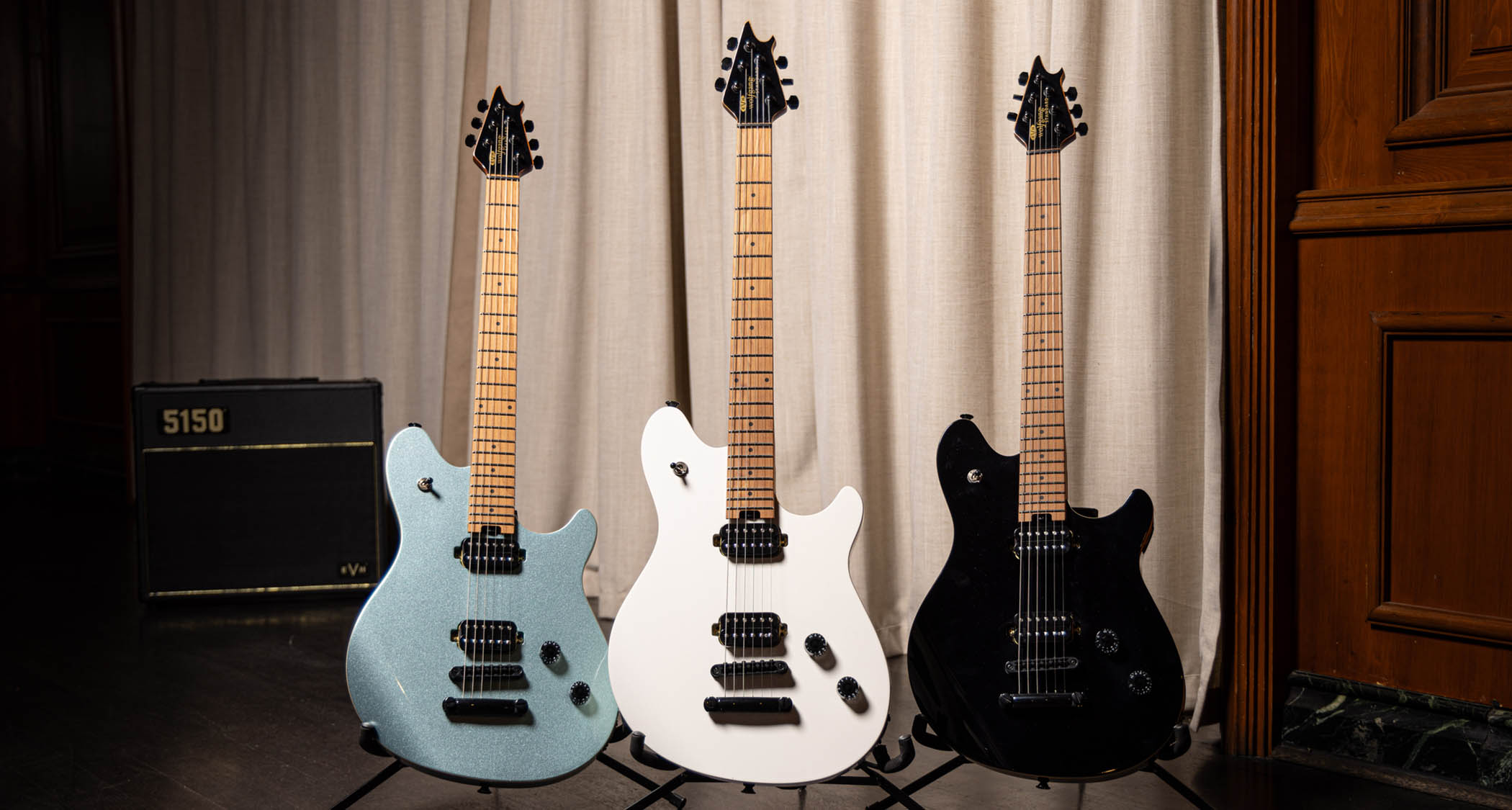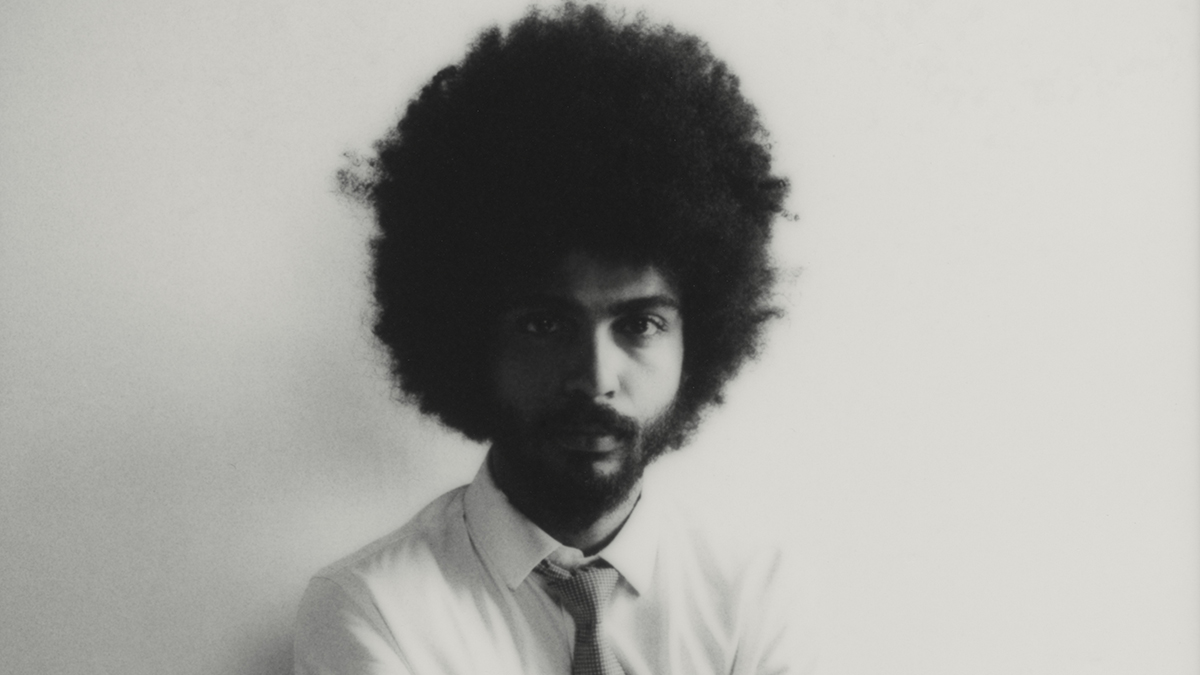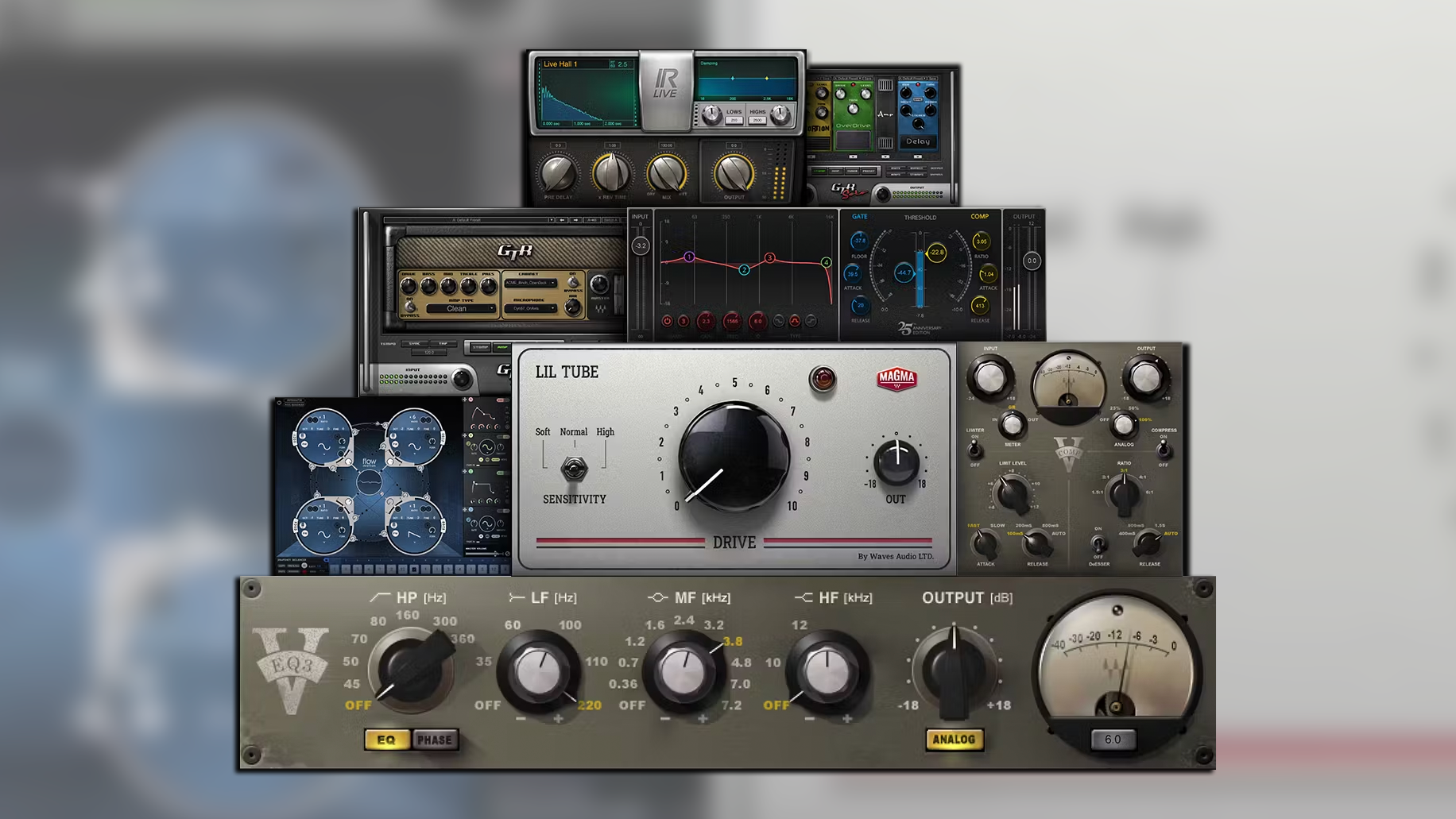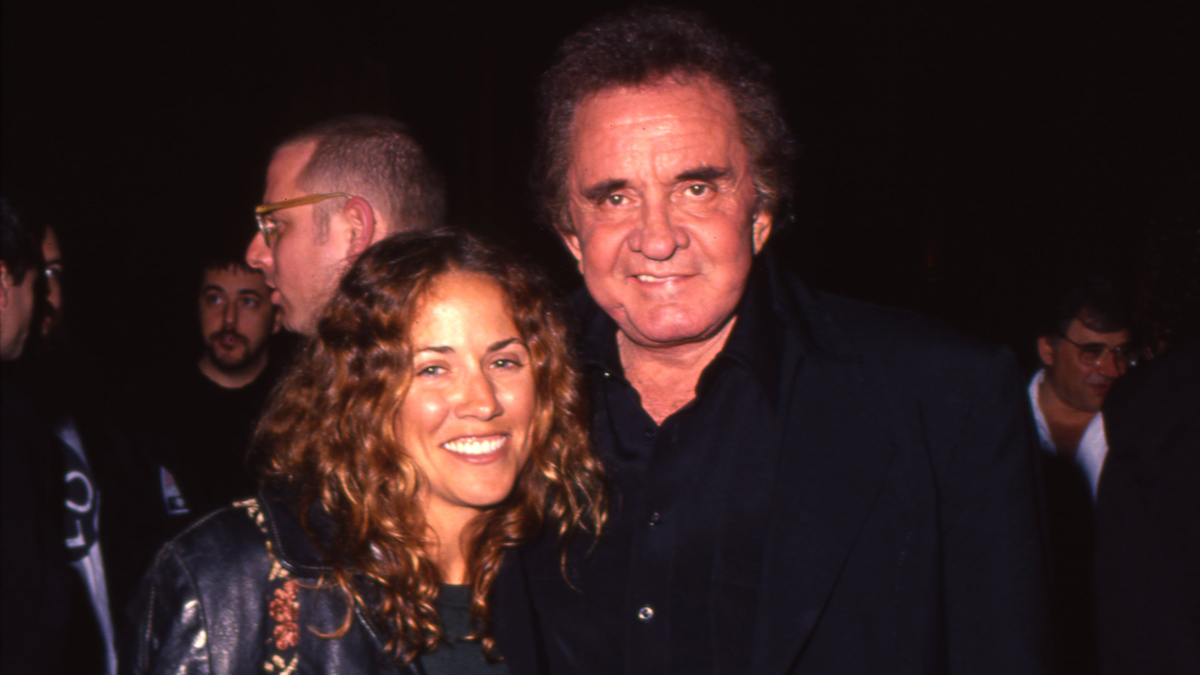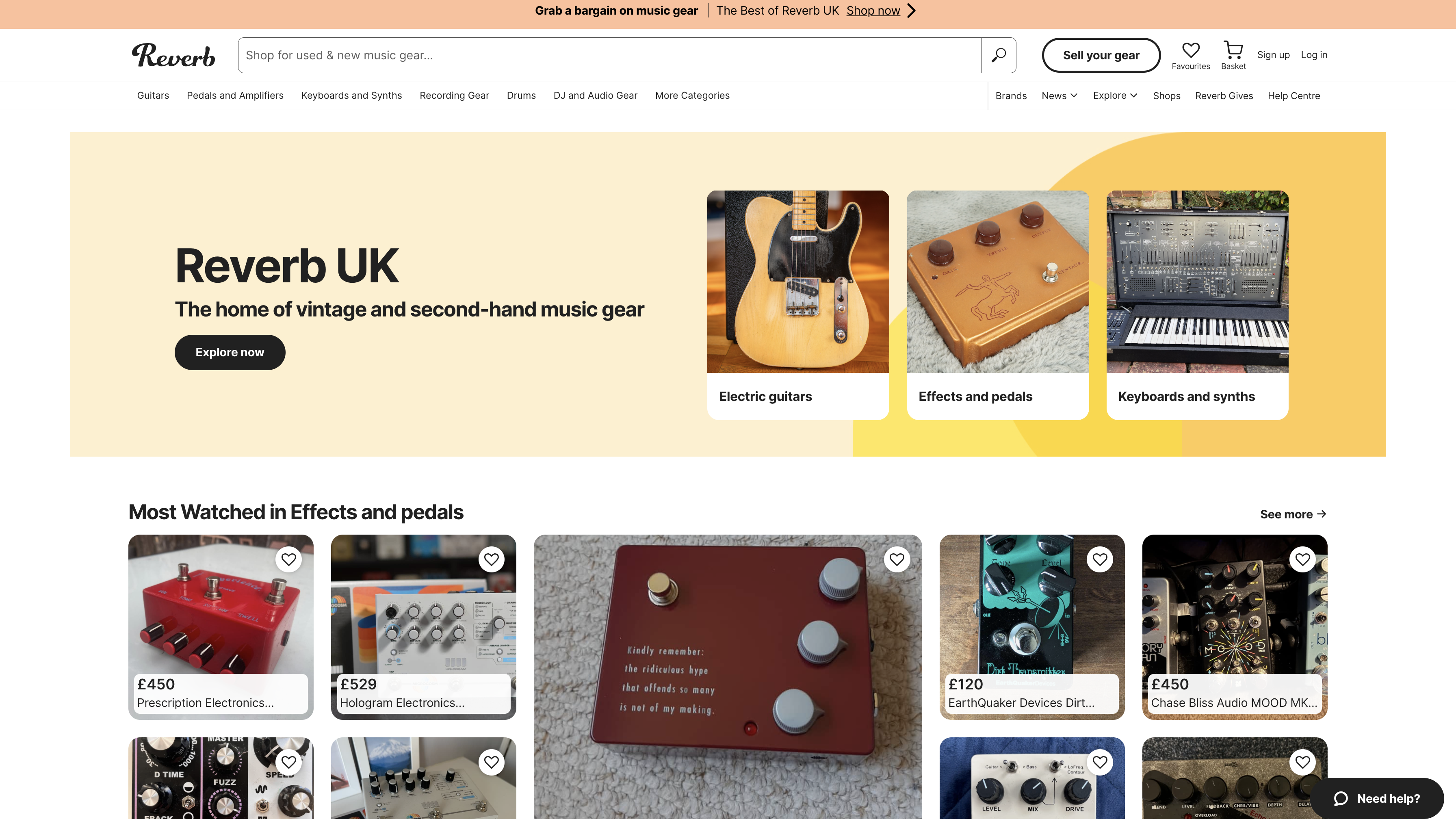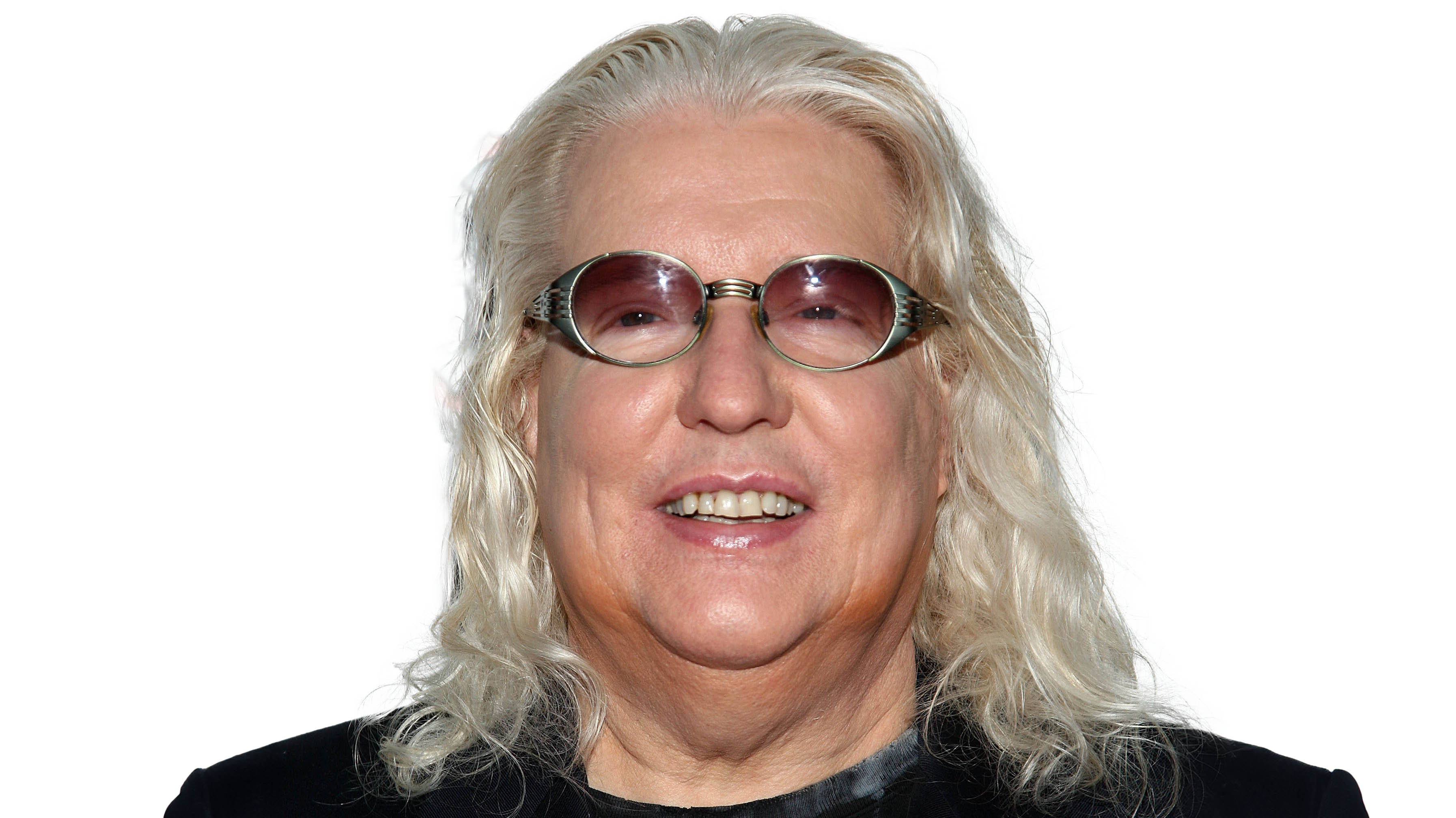"I look at all the stuff going on with AI in music and I think it’s really, really cool": Jordan Rudess reckons AI is just misunderstood
The Dream Theater keyboard whizz and passionate futurist just sided with AI in the ongoing AI vs music debate
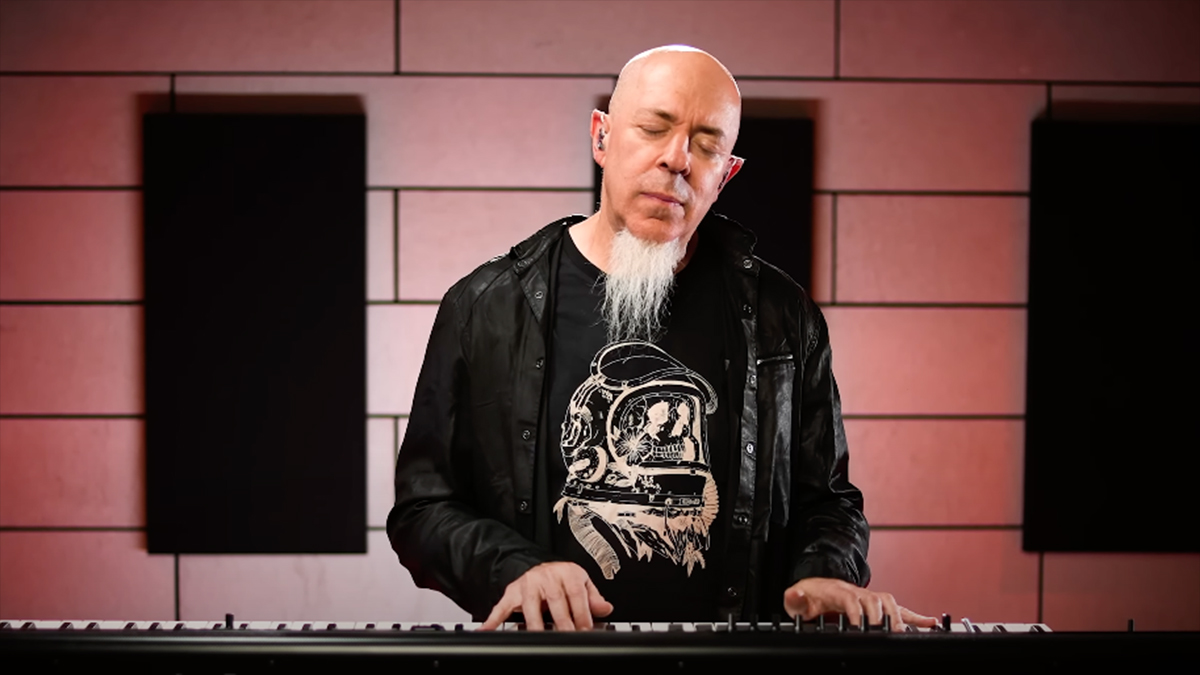
New technology firebrand Jordan Rudess has never been one to shy away from the latest trend, applying his name and face to myriad new products over the years, while ‘always in reception’ for anyone requiring a cutting-edge comment.
Needless to say the hotbed topic of AI and its place in music is the latest contentious pie in which he has a finger and – unsurprisingly – he’s prepared to buck a trend and forge his own path one more time. AI in music? Rudess is all for it.
Speaking with Metal.It in a new video Rudess explains how he’s working with AI and why he feels that the entire field (and its potential) has been misunderstood thus far.
“I’ve had a residency at M.I.T in their media labs for the past year and in September I’m going to be doing a ‘work in progress’ performance,” he explained.
“We’re going to be showing the result of some of the technology that we’ve been developing and this involves an AI music experimentation.
“I look at all the stuff going on with AI in music and I think it’s really, really cool. But the problem I have with some of it is that they’re not thinking in a way to make it interactive, to make it responsive to what a person is doing.
“That’s really the field that we’re going into. Not only having AI generating music and sound, but how does it respond to what I do musically. Think of it as this interwoven process where the AI is trained on my musical information and my mind, and then it becomes this amazing human/machine connection where we can accelerate the whole process.”
Get the MusicRadar Newsletter
Want all the hottest music and gear news, reviews, deals, features and more, direct to your inbox? Sign up here.
When asked more directly if he fears AI in music, Rudess brings up his work with Moises, the stem separation software to better explain his stance.
"The reason I bring them up is because I love the technology but also because all the musicians around the world that use this, some of them have this idea that AI is a bad thing, but they don't even know that Moises is built on A.I. This is the technology that is the framework for everything that Moises does. I'm sorry to be the bringer of bad news to somebody who's against A.I. but now you’re learning a piece of music using it."
“I believe more and more that ‘artificial intelligence’ is a very bad name for this technology. There's a lot of other ways to think about it. There's nothing really artificial about it. We should go back in time, really, and change that. It's leading people down the wrong thought process to think about what's actually going on with the tool and how these things are put together."
"All that said, there's a lot of concern in the music business from people about their rights, how these models have been instructed or loaded with different songs and styles… And rightly so – people, musicians are concerned. They feel like this is not maybe fair. Maybe their music is being loaded into a computer without their permission. All these kinds of things are really, really important to figure out.
“These are legal matters which need to be resolved. It's gonna take time, and honestly, even though I am aware, sympathetic and also concerned, this is not my specialty.
"My specialty is in thinking, okay, well, you have this new technology. How can we use it to make more expressive instruments? How can we use it to have more musical fun? How can we engage more people into the beauty of making music themselves?
"And how can I use it to extend what I do in the musical world and do things that have never been possible before. And also be one of the people who kind of helps to steer it in directions that are most valuable to the future of music and music technology.
“How you can take this technology, the technology that's available to us today, and do amazing, beneficial, cool, important, educational, entertaining things with it."
It’s clear that at least one musician will be continuing to engage with everything that new upcoming music tech has to offer.
Rudess’s latest album Permission to Fly is out now.
Daniel Griffiths is a veteran journalist who has worked on some of the biggest entertainment, tech and home brands in the world. He's interviewed countless big names, and covered countless new releases in the fields of music, videogames, movies, tech, gadgets, home improvement, self build, interiors and garden design. He’s the ex-Editor of Future Music and ex-Group Editor-in-Chief of Electronic Musician, Guitarist, Guitar World, Computer Music and more. He renovates property and writes for MusicRadar.com.
“I’d be running from the studio to other speakers in the house, basically going insane trying to get mixes to sound correct”: Ezra Collective’s Joe Armon-Jones on why he created his Aquarii Studios and his dub-influenced mixing technique
“I haven’t been able to see the performance, but I have enjoyed it”: Elton John tells audience at Devil Wears Prada premiere that he’s lost his sight
![[Interviste] Jordan Rudess - YouTube](https://img.youtube.com/vi/hpiMMVvOiEs/maxresdefault.jpg)

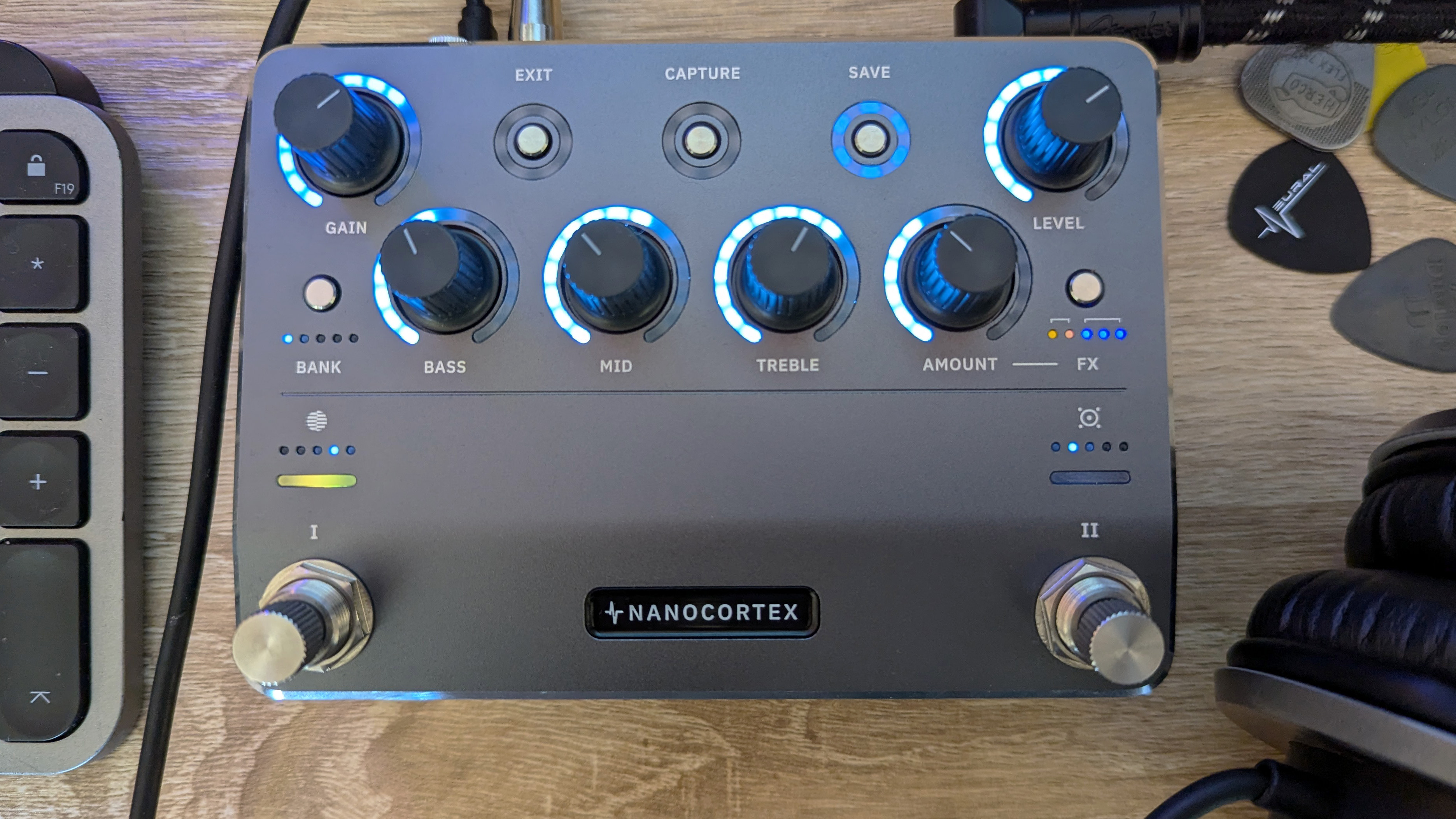
![Gretsch Limited Edition Paisley Penguin [left] and Honey Dipper Resonator: the Penguin dresses the famous singlecut in gold sparkle with a Paisley Pattern graphic, while the 99 per cent aluminium Honey Dipper makes a welcome return to the lineup.](https://cdn.mos.cms.futurecdn.net/BgZycMYFMAgTErT4DdsgbG.jpg)
